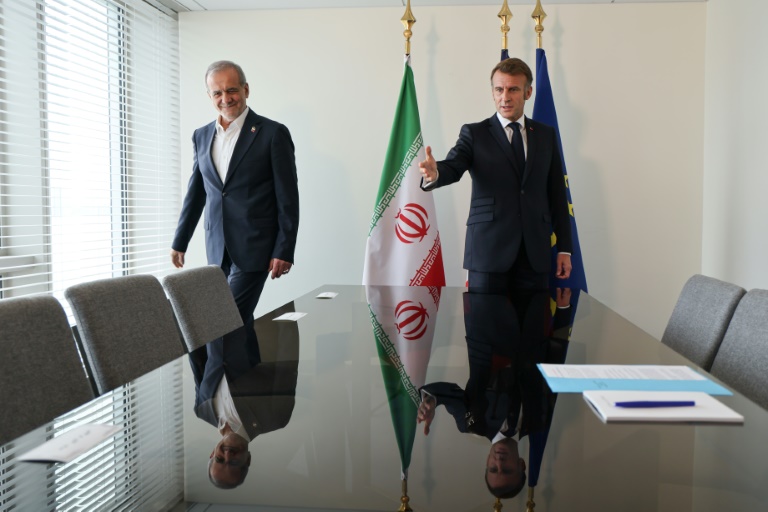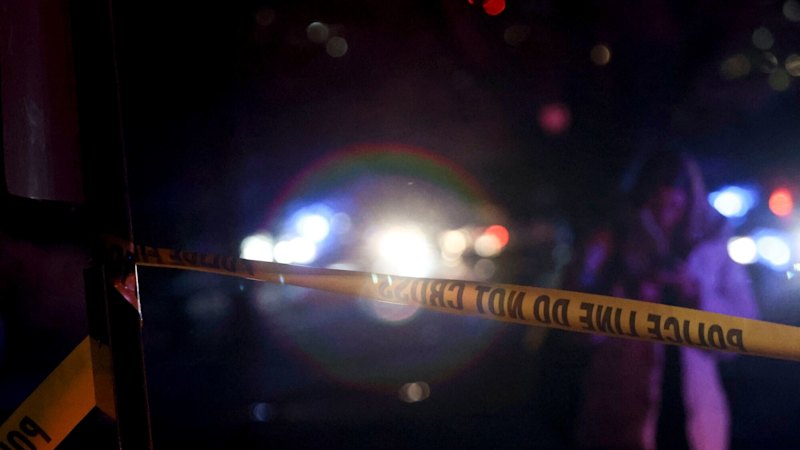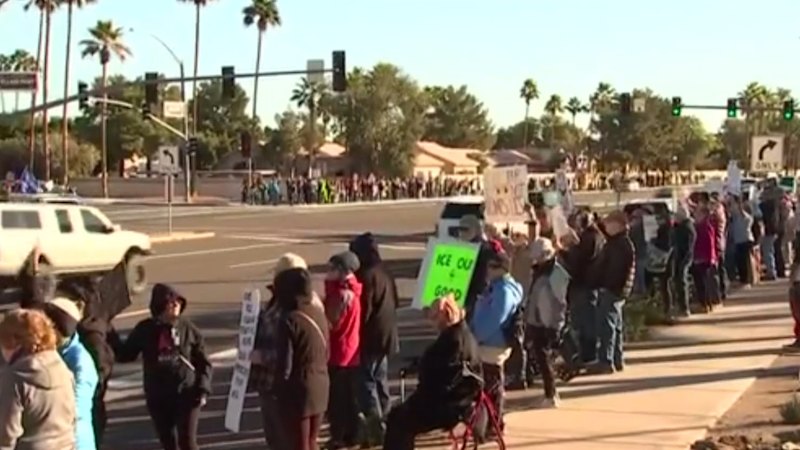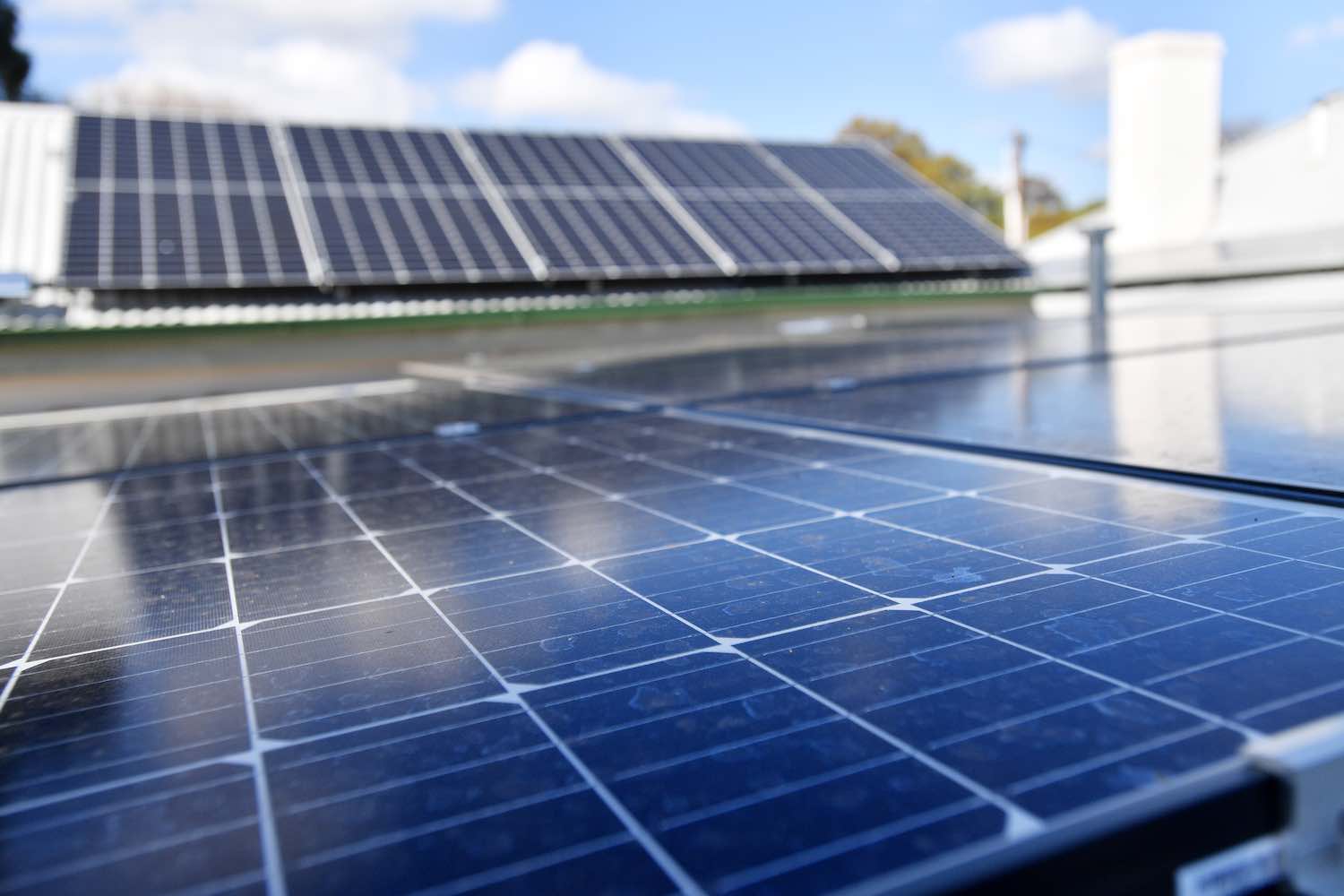
UPDATE: The UN Security Council is poised to impose sweeping sanctions on Iran at midnight GMT on Saturday, marking the first such action in a decade, following failed nuclear negotiations with Western powers. The sanctions come after President Masoud Pezeshkian labeled a U.S. offer for a temporary reprieve in exchange for a complete surrender of Iran’s enriched uranium as “unacceptable.”
Despite last-minute efforts by Russia and China to delay the sanctions until April, the proposal fell short of securing enough votes, leading to the immediate implementation of stringent measures. The renewed sanctions will reinstate a global ban on dealings with companies and individuals linked to Iran’s nuclear and ballistic missile programs.
Pezeshkian, speaking to reporters in New York, criticized the U.S. for its demands. He emphasized that relinquishing all enriched uranium for just a three-month exemption from sanctions is a “trap.” He also noted that a similar proposal from France offered only a one-month delay, further fueling skepticism about Western intentions.
The discussions, which had involved high-level diplomacy, highlighted Iran’s ongoing commitment to nuclear non-proliferation. Pezeshkian reiterated that Iran does not seek to develop nuclear weapons, alleging that the U.S. and Israel are using the nuclear issue as a pretext to destabilize the Islamic Republic.
The economic ramifications of the sanctions are already palpable. An Iranian engineer, identified only as Dariush, expressed deep concern, stating, “The current (economic) situation was already very difficult, but it’s going to get worse.” With the dollar trading at around 1.12 million rials on the black market—a record high—many are rushing to purchase gold as a safeguard against economic instability.
In a stark reminder of the geopolitical stakes, Israeli Prime Minister Benjamin Netanyahu urged immediate action on sanctions during a UN General Assembly address, hinting at potential military responses to perceived threats from Iran.
While the International Crisis Group suggests Iran has learned to cope with previous U.S. sanctions, the snapback mechanism is difficult to reverse and may exacerbate existing economic turmoil. The sanctions are expected to compound issues of high inflation, currency fluctuations, and infrastructure challenges that have plagued the Iranian economy.
As the world watches closely, the enforcement of these new restrictions remains uncertain. Dmitry Polyansky, Russia’s deputy ambassador, has already dismissed the renewed sanctions as “null and void,” signaling potential challenges in global compliance.
The next crucial steps involve monitoring how these sanctions will impact Iran and whether they will lead to renewed tensions in the region. With fears of further military action looming, the international community is bracing for the fallout from this pivotal moment in diplomacy. Stay tuned for updates as this situation develops.







